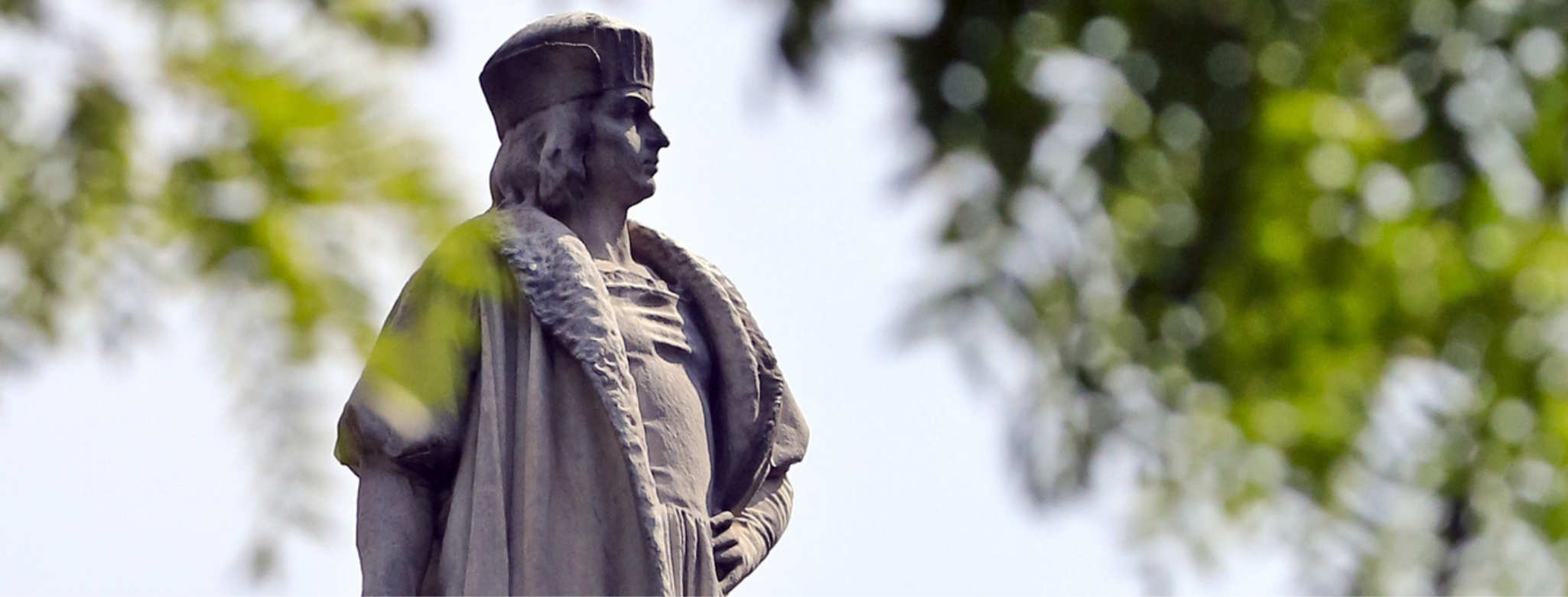Columbus Day vs. Indigenous Peoples' Day
Posted by Hayley Adams on Oct 5th 2023
Columbus Day has long been celebrated in the United States as a day to commemorate Christopher Columbus's arrival in the Americas in 1492. However, in recent years, there has been a growing debate over whether the holiday should be renamed Indigenous Peoples' Day to acknowledge and honor the indigenous cultures and communities that existed long before Columbus's arrival.
This debate has sparked controversy over the significance of Columbus Day as a flag-flying holiday and also a questions of if there is a need to be more inclusive and give a more accurate representation of history.
The History of Columbus Day
Columbus Day, celebrated on the second Monday in October, has been a federal holiday in the United States since 1937. It was established to commemorate Christopher Columbus's arrival in the Americas on October 12, 1492. For many years, the holiday was seen as an occasion to celebrate Italian-American heritage and culture, as Columbus was an Italian explorer. Parades, festivals, and the flying of the American flag have been traditional ways to mark the day.
The Debate over Columbus Day
While Columbus Day has been celebrated for decades, it has also faced criticism and controversy. Indigenous activists and scholars argue that the holiday perpetuates a Eurocentric narrative that downplays the brutal colonization and the suffering of indigenous peoples that followed Columbus's arrival. Here are some key arguments on both sides of the debate:
The Rise of Indigenous Peoples' Day
In recent years, there has been a significant shift in how some communities and states celebrate the second Monday in October. Many have chosen to replace Columbus Day with Indigenous Peoples' Day. This movement has gained momentum to raise awareness of the cultural heritage of indigenous communities.
Cities like Seattle, Los Angeles, and Minneapolis were among the first to officially recognize Indigenous Peoples' Day in lieu of Columbus Day. Several states, including Vermont and South Dakota, have also taken steps to change the name of the holiday or officially recognize Indigenous Peoples' Day alongside Columbus Day.
The debate over Columbus Day and the growing recognition of Indigenous Peoples' Day is sparking a broader discussion about history. While Columbus Day has been a long-standing tradition in the United States, some find it essential to consider the perspectives of indigenous communities and the historical situations they have experienced.

